Search
Remove Ads
Advertisement
Summary 
Loading AI-generated summary based on World History Encyclopedia articles ...
Search Results
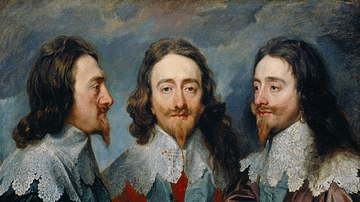
Definition
Charles I of England
Charles I of England (r. 1625-1649) was a Stuart king who, like his father James I of England (r. 1603-1625), viewed himself as a monarch with absolute power and a divine right to rule. His lack of compromise with Parliament led to the English...
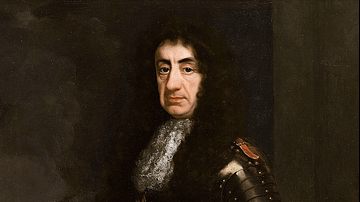
Definition
Charles II of England
Charles II of England (r. 1660-1685) was the king of Scotland (1649-1685) before the Restoration in 1660 also made him king of England and Ireland. Charles was a charming and easygoing monarch who took a keen interest in sports, science...
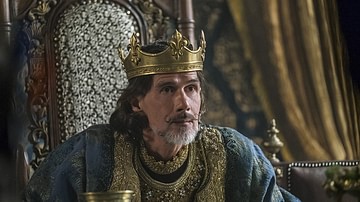
Definition
Charles the Simple
Charles the Simple (Charles III of France, l. 879-929 CE, r. 893-923 CE) was king of West Francia (roughly modern-day France) toward the end of the period of Viking raids in the region. His epithet `the simple' refers to his habit of being...
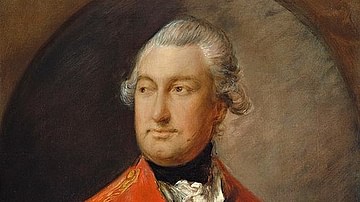
Definition
Charles Cornwallis
Charles Cornwallis (1738-1805), 1st Marquess and 2nd Earl Cornwallis, was a British military officer and statesman best known for surrendering to George Washington at the Siege of Yorktown, the final decisive engagement of the American Revolutionary...
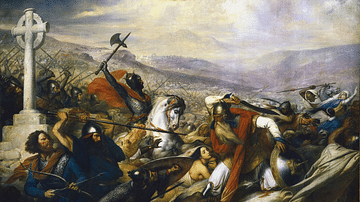
Article
The Legacy of Charles Martel & the Battle of Tours
The Battle of Poitiers aka the Battle of Tours took place over roughly a week in early October of 732. The opposing sides consisted of a Frankish army led by Charles Martel (r. 718-741) against an invading Muslim army under the nominal sovereignty...

Definition
James II of England
James II of England (r. 1685-1688) reigned briefly as the king of England, Scotland, and Ireland until he was deposed by the Glorious Revolution of November 1688. James, also known as James VII of Scotland, was the fourth Stuart monarch...

Definition
Charles Vane
Captain Charles Vane was an English pirate active in the Caribbean and off the east coast of North America between 1716 and 1720. The pirate, who infamously refused a pardon and instead fired his cannons at the ship of Governor Woodes Rogers...
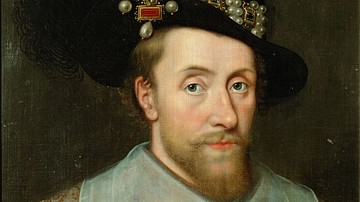
Definition
James I of England
James I of England (r. 1603-1625), who was also James VI of Scotland (r. 1567-1625), was the son of Mary, Queen of Scots, and he unified the thrones of Scotland and England following the death of Queen Elizabeth I of England (r. 1558-1603...
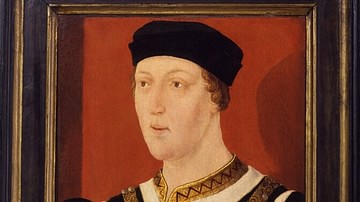
Definition
Henry VI of England
Henry VI of England ruled as king from 1422 to 1461 CE and again from 1470 to 1471 CE. Succeeding his father Henry V of England (r. 1413-1422 CE), Henry VI was crowned the king of France in 1431 CE but he could not prevent a French revival...
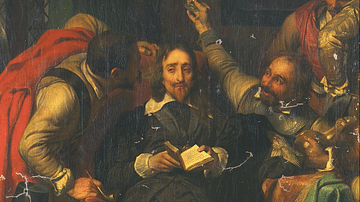
Definition
English Civil Wars
The English Civil Wars (1642-1651) witnessed a bitter conflict between Royalists ('Cavaliers') and Parliamentarians ('Roundheads'). The Royalists supported first King Charles I of England (r. 1625-1649) and then his son Charles II, while...